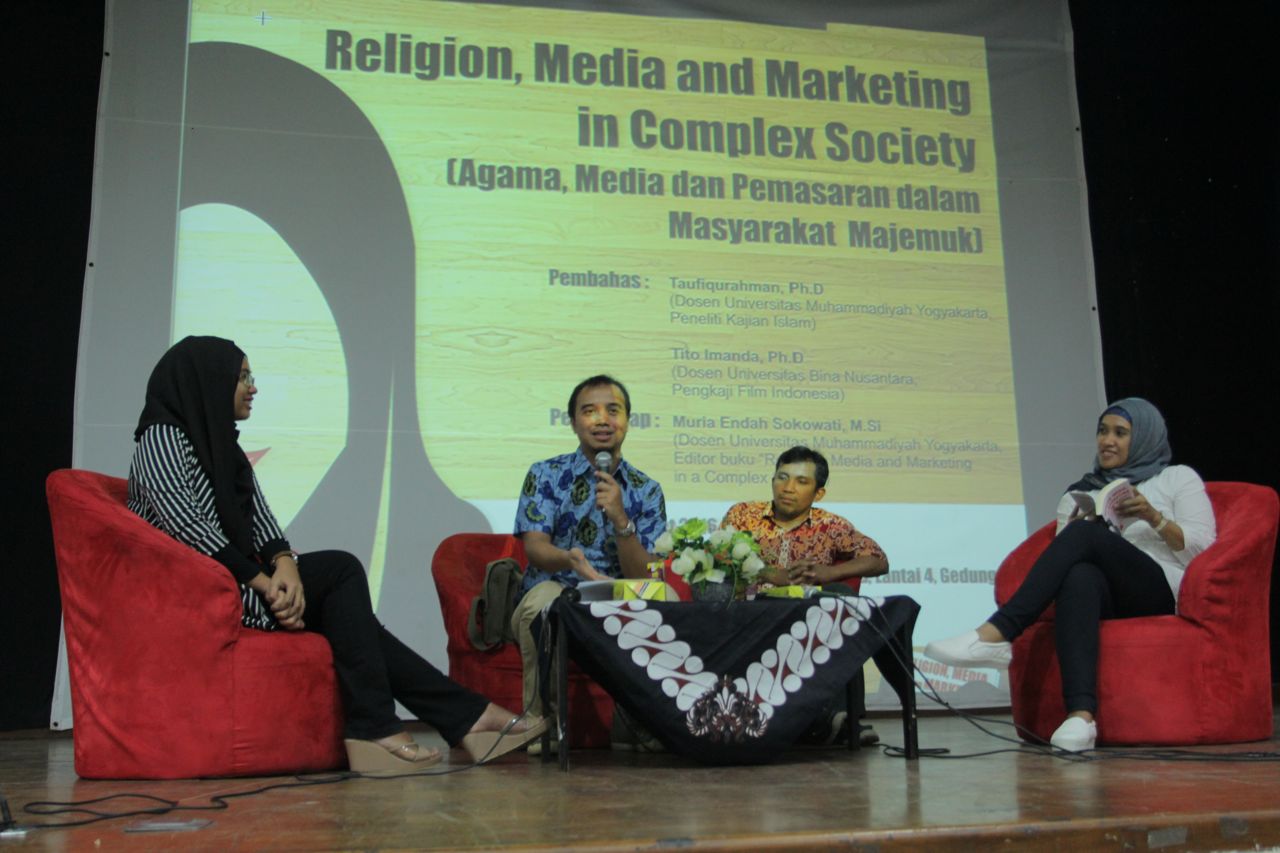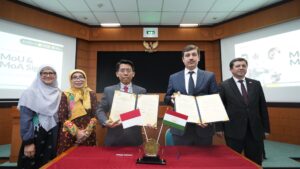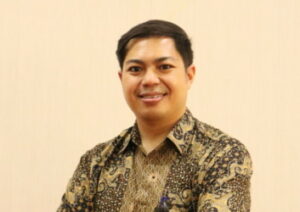Media industries have rapidly developed. Various contents turn topics in television, printed media, and radio. One of the topics is religion commodification that religion become instrument marketing of products to attract consumers and audience of programs.
One of the religion commodification undertaken by media is Islamic commodification that in media industries Islam can become media contents on a program or product. A number of practitioners and academics are interested to discuss and criticize the issue.
The background underlay Communication Sciences (IK) of Universitas Muhammadiyah Yogyakarta (UMY) to launch and review a book entitled ‘Religion, Media, and Marketing in Complex Society’. The book was the cooperation between IK of UMY and Chulalongkorn Universityof Thailand. The book launching was conducted on Monday (21/3) at Mini Theater of Building D of UMY.
The book editor, Muria Endah Sokowati, S.IP. stated that who are fascinated to the research of religion commodification in media are practitioners and academicians in not only Indonesia but also overseas like Thailand. “Religion Modification is a ‘sexy’ topic to research, and the attraction comes from not only Indonesia but also abroad as Thailand,” she declared.
Mutia told that the notion to write the book existed since 2013. Marketing, media, and religion in complex society have become hegemonic due to media development and public accessibility toward media. “The combination between Marketing and religion brings huge impacts on media industries nowadays,” she argues.
Additionally, a speaker of the book launching, Taufiqurrahman, Ph.D. contended that religion becomes one of the different choices toward a product. “Competitiveness of a product in media industries no longer sells the feasibility and the value of the product but it sells the religious values,” he claimed,
He informed that the number of Muslim consumers in ASEAN is adequately high so that the competitiveness of a product or a religious program, particularly an Islamic program, presented by media is also high. “For instance, halal certification on a jilbab product was issued. The jilbab issue turned into a public topic after the emergence of jilbab advertisement having MUI’s halal certification, and the benefit of the certification was be able to become advertising content on mass media,” he mentioned.
Muria, then, informed, “The book comprises 11 articles written by 16 academicians who are the lecturers of IK of UMY and the lecturers of Chulalangkorn University of Thailand.”







